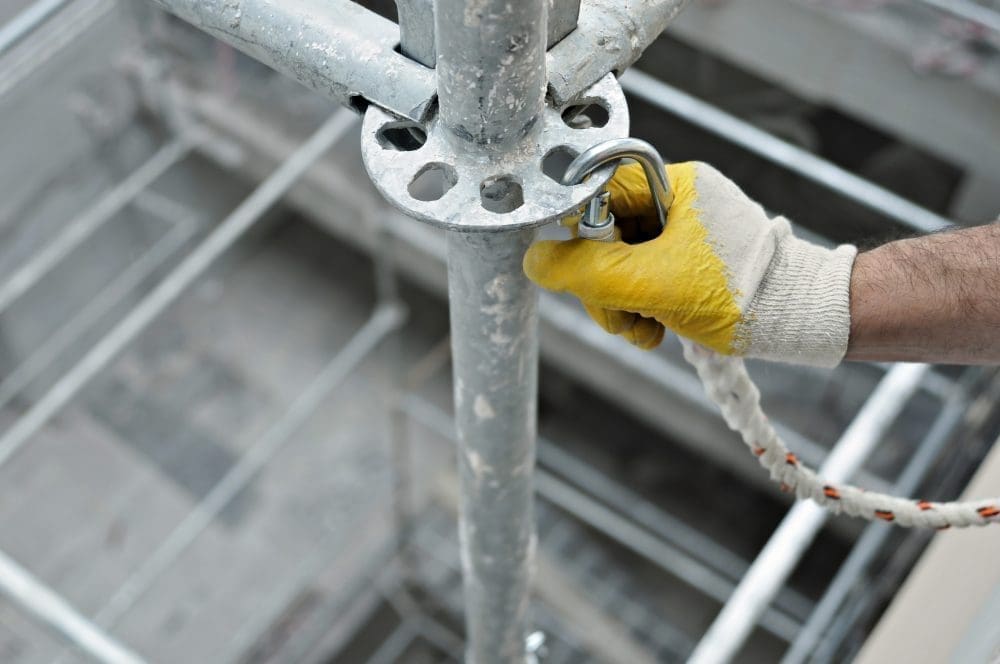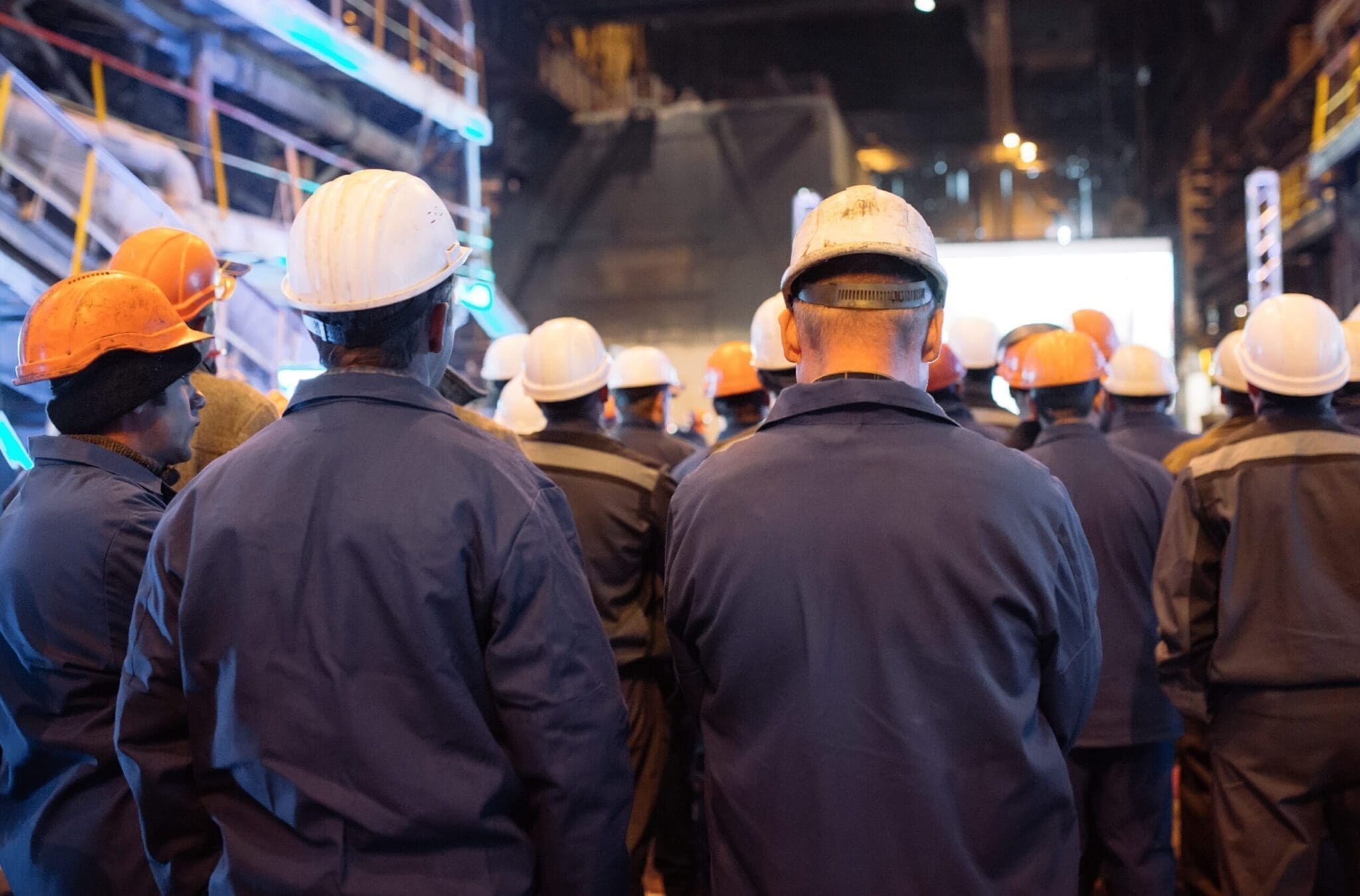Employees make or break a company and you can’t operate without them, so keeping them safe is really important for any business’s success. However, as much as your business relies on its own employees, it also relies on suppliers. It’s essential to consider how your suppliers consider management systems, including health & safety risks, as this ultimately has an impact upon the delivery of service to your business.
Moreover, what about the services your suppliers’ staff provide when they visit your company? For example, do your suppliers know exactly what they should be doing on-site and are they adhering to health and safety rules that you would apply to your own staff?
There are varying levels of protection in place to prevent health and safety risks to your business and your staff from governmental law and legislation through to best practice recommendations to ensure you’re taking the necessary steps.
The law – bare minimum requirements
Under the Health and Safety at Work Act 1974, and Management of Health and Safety at Work Regulations, all people have the right to be protected from work-related risks. This means that employers have a duty to ensure, so far as is reasonably practicable, the health, safety and welfare of their employees and non-employees (such as visitors and passers-by).
This is the very bare minimum duty businesses must adhere to in the eyes of the law, but some industries are more strict and so companies will have other things to look out for.
Areas of particular safety risk
Although health and safety laws tend to apply across the board, some industries are also covered by extra regulations designed to protect workforces deemed to be at particular risk, such as construction, agriculture, manufacturing and railways.
It’s crucial that you and all your employees are aware of the particular rules and regulations for your industry – and their role.
For instance, although construction accounts for only five per cent of employees in Britain, Health and Safety Executive (HSE) figures show it is responsible for 31 per cent of fatal injuries to employees and ten per cent of reported major/specified injuries, so it is governed by especially strict legislation, including the Construction (Design and Management) Regulations 2007 as well as the Workplace (Health, Safety and Welfare) Regulations 1992 and the Management of Health and Safety at Work Regulations 1999.
Mitigating the risk
Businesses need to make arrangements to ensure safe working practices can take place, including stringent risk assessments to identify hazards and put control measures in place.
However, it isn’t just about the staff who turn up to work at the company every day. Owners must also consider suppliers and their organisations. How are they behaving and do they have the relevant processes and capabilities in place? Where specific policies are in place, can you be sure they are actually being adhered to, rather than simply being read and ignored?
Crucially, it is down to employers to verify that this is the case and that nobody is cutting corners because if an injury or even death occurs, the penalties and reputational damage can be severe.
For this reason, it’s a good idea to work with your suppliers and collaborate with them to ensure maximum compliance with the law, but minimal duplication of effort.
That’s where auditing comes in
It’s essential for buying organisations to choose safe and responsible suppliers from the very beginning, while they are still tendering and seeking contracts during the procurement process. Validating credentials before agreeing to do business with suppliers will allow suppliers to demonstrate to potential buyers that they are a company it is safe to do business with.
However, buyers should also make an effort to check that their suppliers continue to adhere to the law and that suppliers’ claims during the procurement process are a true reflection of what they are actually doing, months and even years into the future.
It is your responsibility as a business to ensure that you are compliant with all laws and legislations, and moreover that you’re a responsible employer who goes the extra mile by taking diligent care of your staff. However, it’s also your responsibility to ensure that your suppliers uphold the same standards to prevent your entire ethos from being put at risk.
Fortunately, this needn’t be a time-consuming and arduous process, as your company can make vetting, tracking and monitoring suppliers quick and easy with Achilles’ auditing services.
Our rigorous on-site and desktop assessments of supplier’s management systems validate detailed supplier information and collaboratively drive improvements in supplier performance. Our audit model is flexible, reflecting the size and criticality of the supplier organisation, and provides you with reliable supplier data that has been independently verified.



